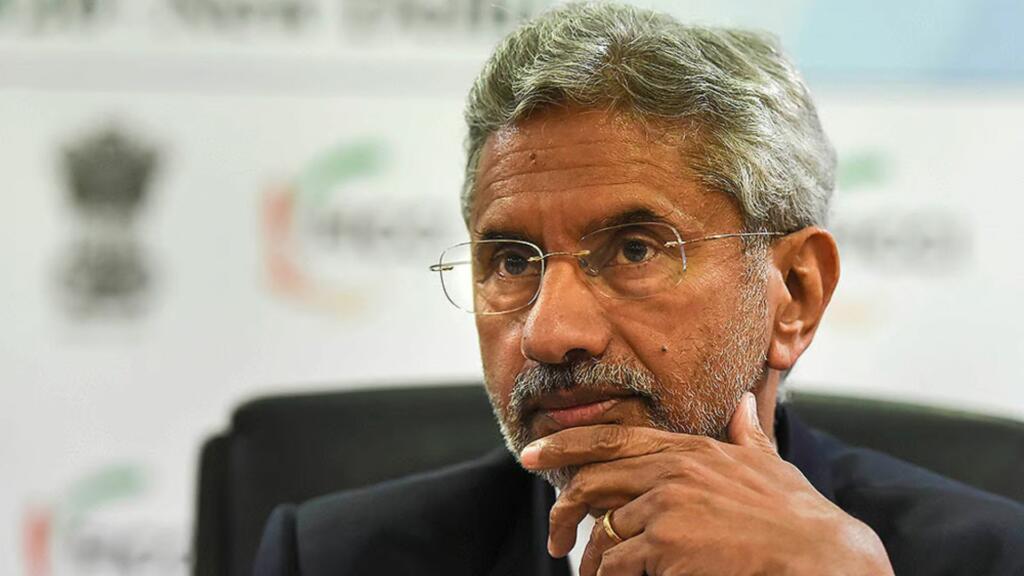In recent diplomatic exchanges, the Maldivian President’s accusation of India being a ‘bully’ in the South Asian and Indian Ocean region has sparked significant debate. External Affairs Minister S Jaishankar swiftly responded, defending India’s actions by highlighting its substantial aid contributions and collaborative efforts with neighboring countries.
The Blame-Game
The accusation of India being a ‘bully’ in the South Asian and Indian Ocean region stems from remarks made by Maldivian President Mohamed Muizzu. These comments have had significant reverberations in the regional diplomatic landscape, raising questions about India’s approach to its neighboring countries.
President Muizzu’s remarks followed strained relations between India and the Maldives, particularly after derogatory statements were made by Maldivian ministers against Indian Prime Minister Narendra Modi. The tension escalated when these ministers were dismissed by the Maldivian government, leading to a diplomatic standoff between the two countries.
Jaishankar’s Response
External Affairs Minister S Jaishankar responded strongly to the accusation, defending India’s actions by highlighting its extensive contributions to regional stability and development. Jaishankar pointed out India’s substantial financial aid, provision of vaccines during the COVID-19 pandemic, and flexibility in responding to the needs of neighboring countries. He emphasized that India’s actions contradicted the notion of being a ‘bully’ and instead showcased its commitment to supporting its neighbors during times of crisis.
Jaishankar’s remarks underscored India’s stance on the matter, emphasizing the importance of mutual cooperation and collaboration in fostering positive relations within the region.
Financial Aid and Assistance
India has consistently demonstrated its commitment to supporting neighboring countries during times of crisis by providing substantial financial aid and assistance. For example, India offered a significant amount of financial aid amounting to USD 4.5 billion to support neighboring countries in distress. This assistance has played a crucial role in mitigating the economic impact of various challenges faced by these nations.
Vaccine Diplomacy
India’s proactive approach to vaccine diplomacy has further solidified its role as a reliable partner in the region. Amid the COVID-19 pandemic, India supplied vaccines to neighboring countries, including the Maldives, Nepal, Bhutan, and Bangladesh, among others. This initiative not only helped in containing the spread of the virus but also strengthened India’s ties with its neighbors through shared health initiatives.
Building Bridges, Not Walls!
India has also prioritized enhancing connectivity and infrastructure development in collaboration with neighboring nations. Initiatives such as the India-Nepal power grid, road networks, railways, and usage of waterways have significantly improved connectivity and facilitated trade and travel between India and its neighbors. These efforts have led to mutual benefits, fostering economic growth and regional integration.
In conclusion, while accusations of bullying may strain diplomatic relations, India’s proactive approach to regional engagement and its demonstrated commitment to assisting neighboring countries underline its role as a responsible actor in the South Asian and Indian Ocean region. As geopolitical dynamics continue to evolve, maintaining constructive dialogue and fostering mutual understanding will be crucial in advancing shared interests and addressing common challenges.
Also Read: From Jungle to Jetset: Great Nicobar’s Rise Amidst China’s Oceanic Ambitions
